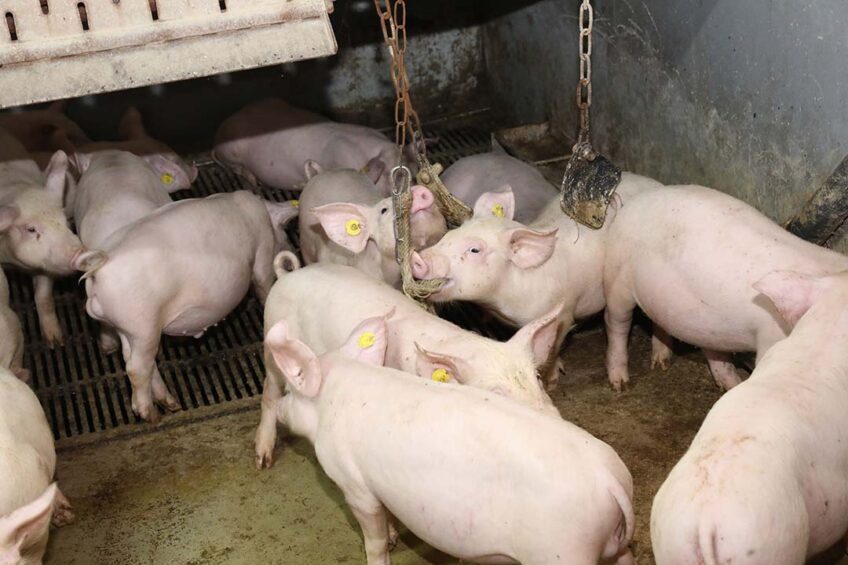International Swine Viral Disease Conference celebrates 20th edition

At a time when viral disease continues to decimate pig farming worldwide, the International Swine Viral Disease Conference recently celebrated its 20th anniversary.
With its most-recent edition, this premier conference for addressing viral disease threats brought together more than 150 delegates in Illinois to share information and recognise accomplishments. According to the organisers, the conference “holds a special place” in the global swine disease research community “by focusing on basic research, diagnostics and disease control in the field.”
History
The Conference began in 2003, and focused on 1 disease. It was then known as the North American PRRS (porcine reproductive and respiratory syndrome) Symposium. Since that first conference, the event, hosted by the University of Illinois College of Veterinary Medicine, has grown substantially to include emerging and transboundary swine viral diseases.
The most-recent conference offered 5 plenary scientific sessions, one on biosecurity co-organised with the Swine Health Information Center (SHIC).
Saying thank you
Dr. Scott Dee and Dr. Paul Sundberg, who both recently retired, were recognised at the conference’s closing banquet.
Over his 36-year career, Dr. Scott Dee received more than $ 12.5 million USD in research funding. The conference organisers state that “he was the first to publish data proving that porcine epidemic diarrhea virus (PEDv) and African Swine Fever virus (ASFv) can be transmitted via feed. His research has led to the development and implementation of biosecurity protocols for managing the importation of feed and feed ingredients, which has resulted in positive economic changes within commercial swine production.”
Dr. Paul Sundberg has held several national pork industry leadership roles over the last 3 decades, including Director of Veterinary Issues at the National Pork Producers Council, Vice President of Science and Technology at the National Pork Board, and SHIC Executive Director. “He championed the strategy of providing funding to swine disease researchers to address emerging disease concerns.”
Student Awards – Oral Presentation Awards
6 students received ‘David Benfield Awards’ for their research presentations.
- 1st place: Jessica Caroline Gomes Noll, Characterization of the Biological Function of African Swine Fever Virus p30/p32 Protein;
- 2nd place: Nakarin Parmornchainavakul, Predicting PRRSV-2 Variant Emergence: Insights from a Decade of Genomic Analysis;
- 3rd place: Julia Baker, Repeat Offenders: Understanding PRRSV Clinical Rebreaks.
Poster Presentation Awards
- 1st place: Carolyn Lee, Evaluation of Multiple Immune Parameters Following Vaccination with an ASFV Multiepitope Protein Nanoparticle-based Subunit vaccine;
- 2nd place: Kaylyn Rudy, Elevated PRRSV Viral Load in Critical Non-lymphoid Tissues is Associated with Late Gestation Fetal Compromise;
- 3rd place: Michelle Steyn, Investigating the Role of Mechanism of Host Cell Death in PRRSV Infection.











